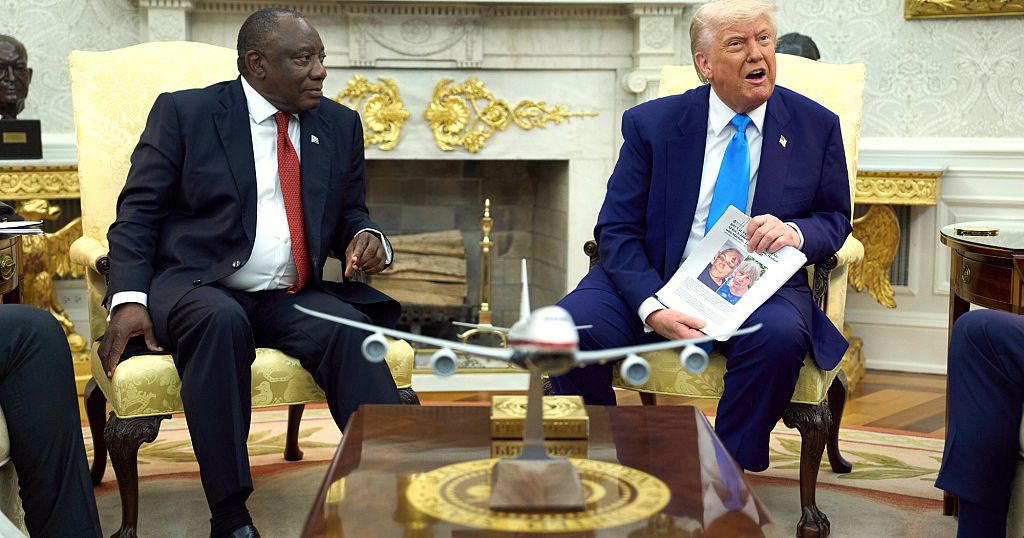South African President Cyril Ramaphosa and U.S. President Donald Trump reaffirmed their commitment to resolving lingering trade disputes during a phone conversation on August 6, signaling cautious optimism amid escalating economic tensions. The dialogue centered on recent U.S. tariffs, which have imposed a 30% levy on South African exports, sparking fears of widespread job losses and reduced trade volumes. While no immediate resolution emerged from the call, both leaders agreed to task their respective trade teams with advancing negotiations in the coming weeks.
The tariff dispute has placed significant strain on South Africa’s economy, particularly in the automotive and agricultural sectors, which employ over 100,000 workers combined. Analysts warn that prolonged trade friction could exacerbate unemployment and disrupt supply chains. In response, the South African government unveiled an “Export Support Desk” to assist businesses navigating the new trade landscape, alongside a proposed financial aid package targeting vulnerable industries. These measures aim to cushion the blow for exporters facing reduced access to the U.S. market, South Africa’s third-largest trading partner.
Despite the challenges, the rand has shown unexpected resilience, strengthening to 17.69 against the U.S. dollar this week. This uptick has been attributed to rising gold prices—a key South African export—and a broader dip in the dollar’s value. Economists caution, however, that currency fluctuations offer limited relief given the structural risks posed by the tariffs.
The call between the two leaders marks the highest-level diplomatic engagement since the U.S. imposed the tariffs three months ago. While trade volumes between the nations have dipped by 12% year-on-year, officials on both sides emphasize the importance of maintaining dialogue. “The priority now is to find common ground without compromising domestic industries,” said a senior South African trade representative, speaking on condition of anonymity.
As negotiations proceed, observers warn of potential ripple effects across Southern Africa. Regional economies reliant on South African manufacturing hubs, particularly in the automotive sector, could face collateral damage if tariffs persist. Meanwhile, U.S. businesses importing South African metals, machinery, and citrus fruits may see higher costs passed on to consumers.
The path forward remains uncertain, but the latest diplomatic engagement underscores a shared recognition of the tariffs’ far-reaching consequences. With both nations entering election cycles in 2024, the political stakes for a resolution are mounting. For now, stakeholders on both sides of the Atlantic await concrete outcomes from behind-the-scenes talks, hoping diplomacy can avert a deeper economic standoff.
